Your cart is currently empty!
Tag: Sustainability
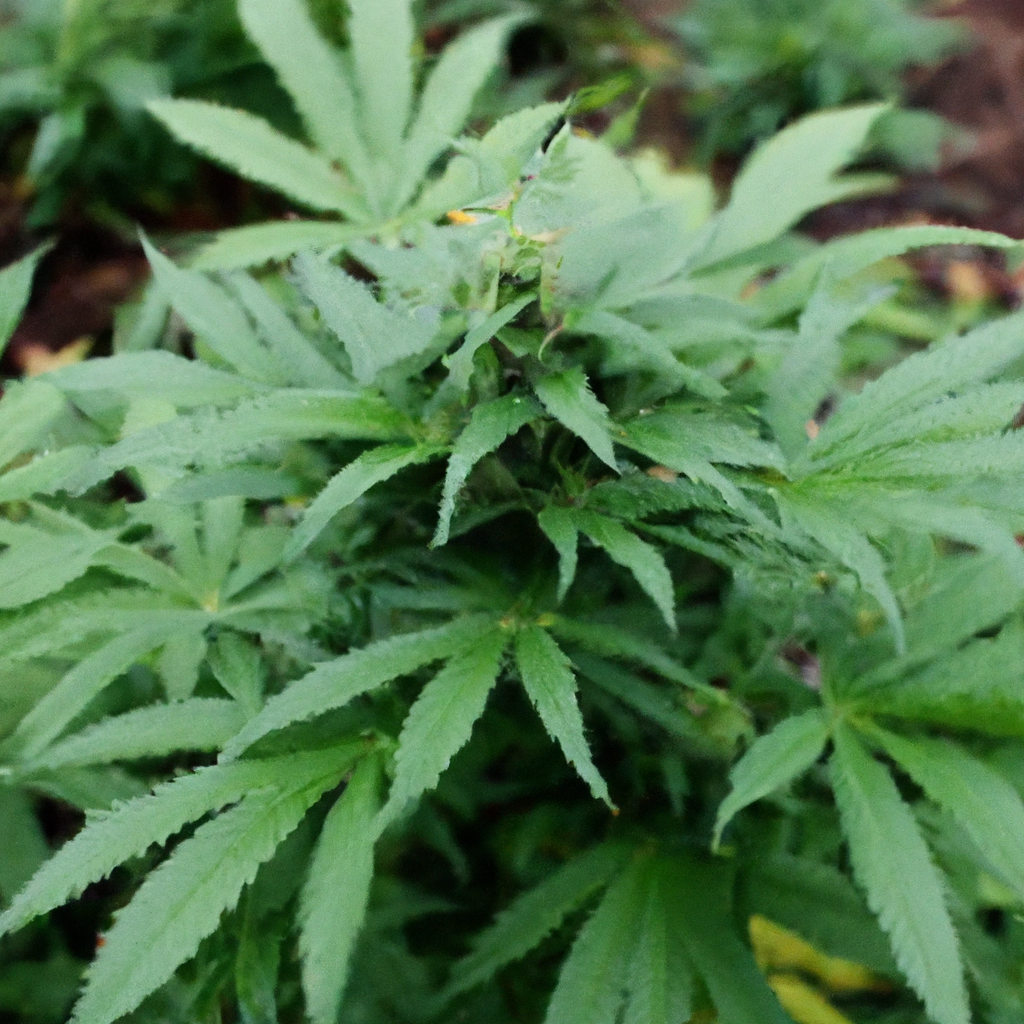
Organic cannabis cultivation focuses on using natural rhythms and resources to produce sustainable, flavorful plants. By enhancing soil ecosystems through composting, natural amendments, and crop rotation, growers improve plant health and yield. Organic fertilizers like manure and vermicompost provide balanced nutrients without residues. Eco-friendly pest control employs beneficial insects and natural pesticides like neem oil.…

As the world shifts towards sustainable solutions, cannabis bioplastics emerge as a groundbreaking alternative to traditional plastics. Derived from hemp biomass, these bioplastics are renewable and biodegradable, significantly reducing environmental impact. Their quick-growing nature, versatility across industries, and ability to naturally decompose make them an attractive option. While challenges like cost and scalability exist, ongoing…

This blog post explores the growing trend of organic cannabis cultivation, highlighting the numerous benefits of organic fertilizers. These fertilizers improve soil health, reduce environmental impact, and enhance the flavor and potency of cannabis without relying on synthetic chemicals. Key practices for building a healthy soil ecosystem include composting, adding organic matter, and using mulch.…
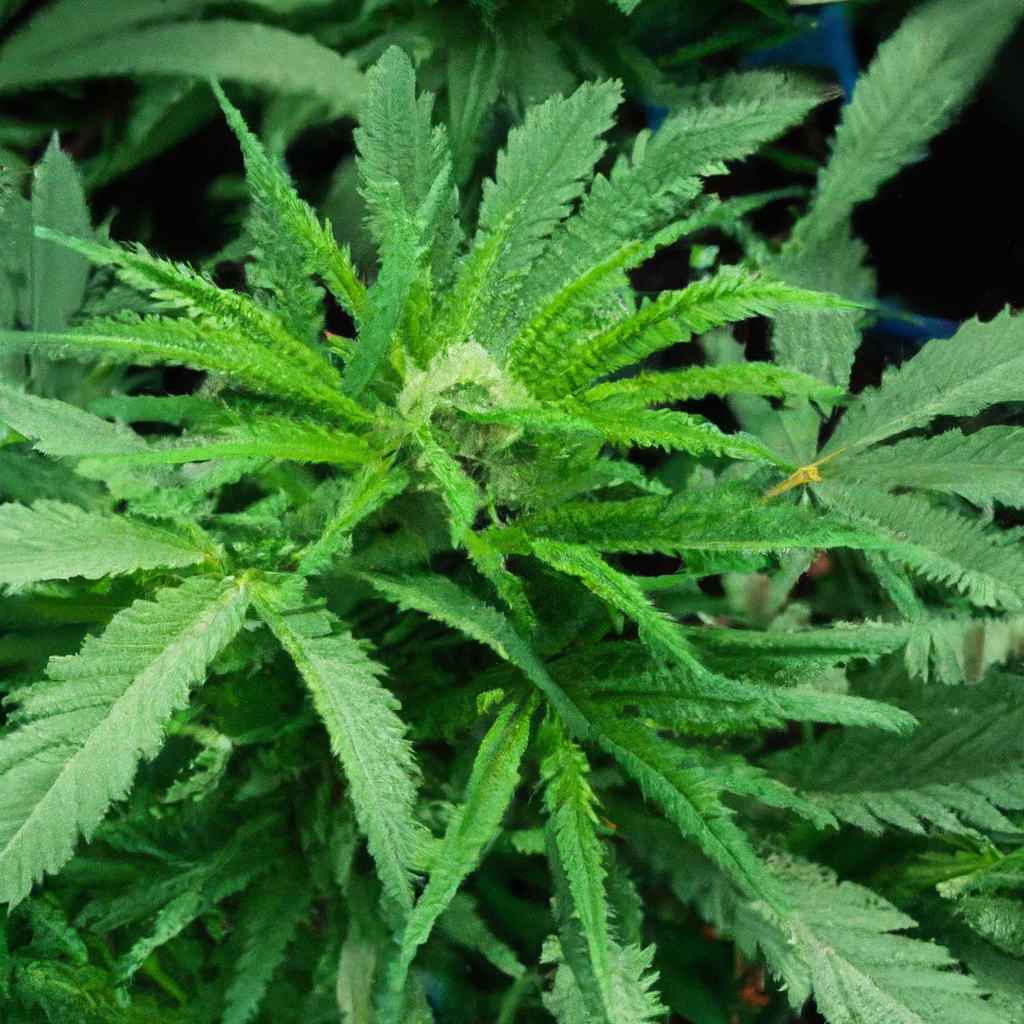
Embarking on organic cannabis cultivation enriches both plant quality and environmental health through natural methods. By fostering fertile soil ecosystems and opting for natural fertilizers like bat guano and fish emulsion, growers can enhance plant growth and reduce chemical usage. Sustainable pest control involves preventive practices and beneficial insects, ensuring a balanced ecosystem. Organic practices…
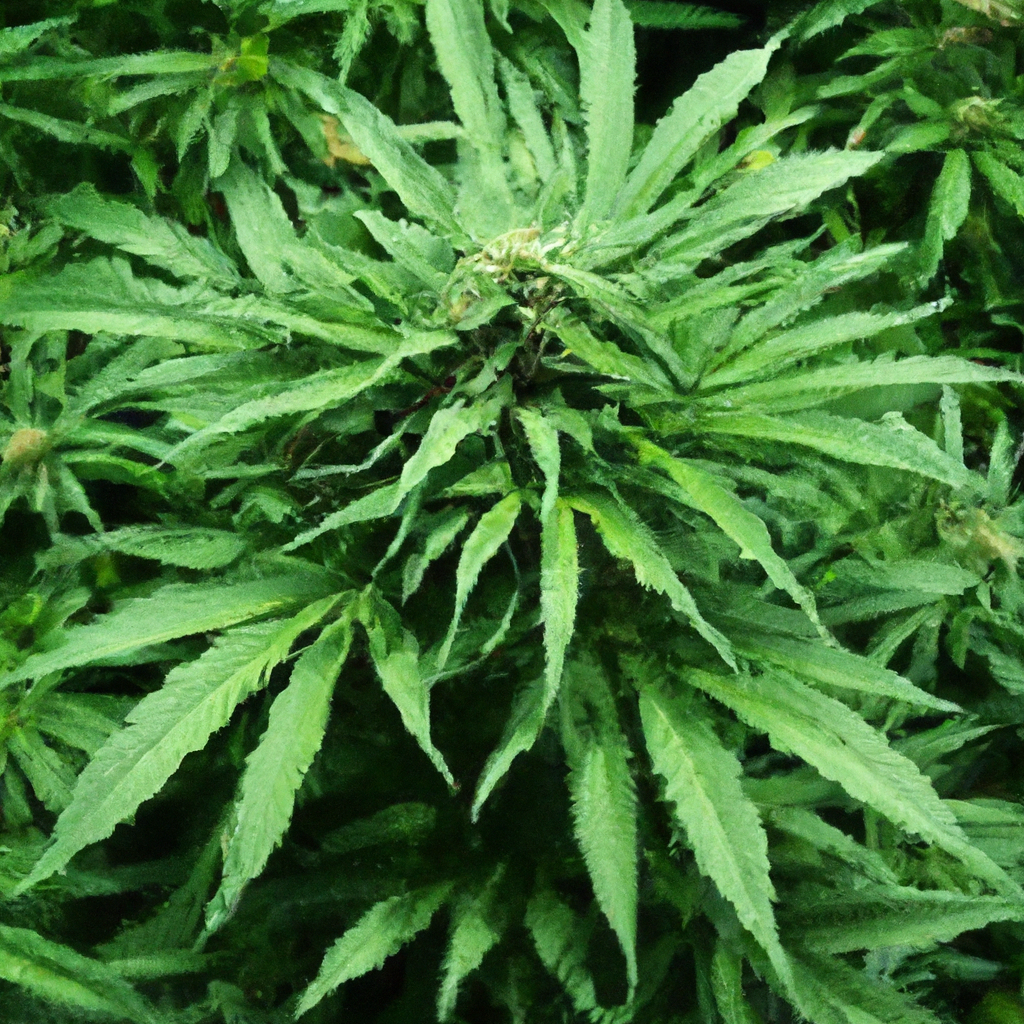
Embracing organic methods in cannabis cultivation benefits both the environment and plant health, yielding a cleaner, more natural product. Organic growing avoids synthetic chemicals, relying on natural fertilizers like compost, worm castings, and fish emulsion to enrich the soil. Creating a healthy soil ecosystem is crucial, incorporating practices such as crop rotation, cover crops, and…
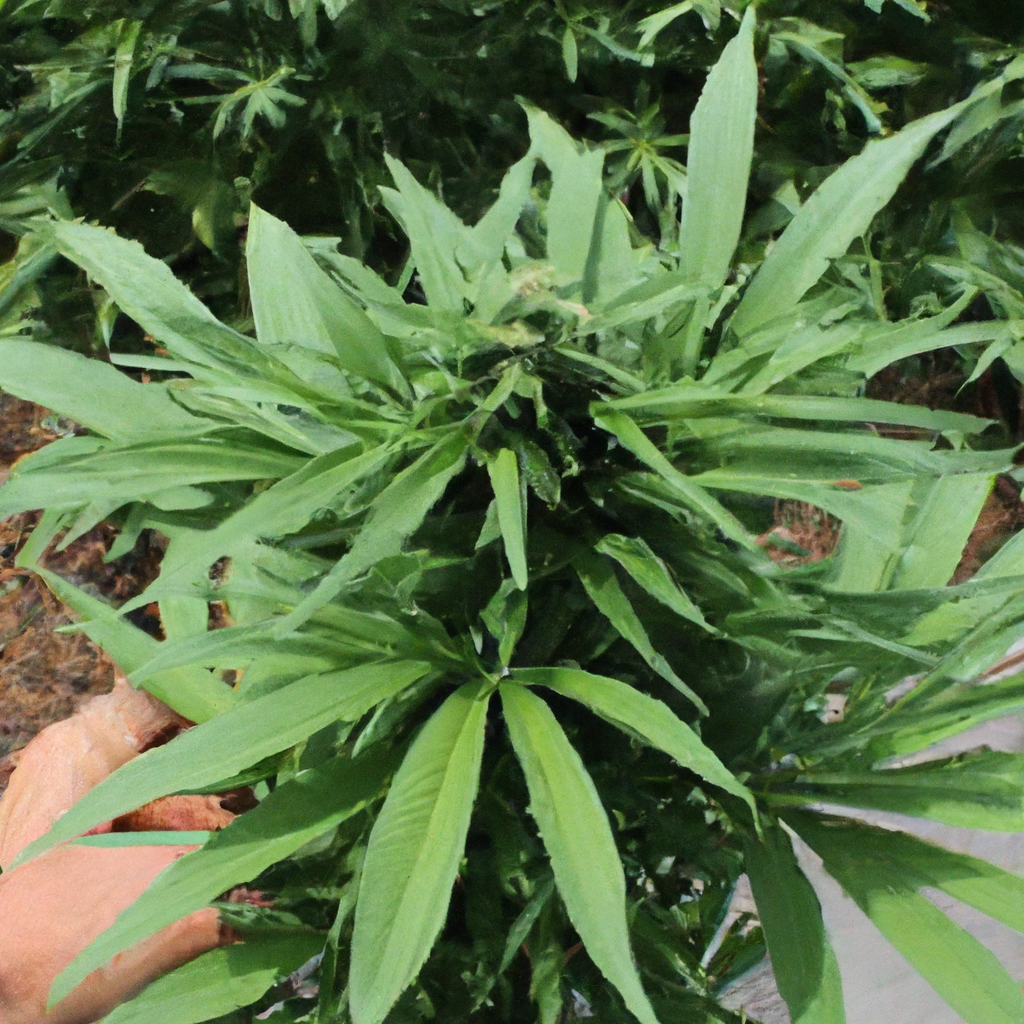
Organic cannabis cultivation emphasizes sustainability, producing high-quality, eco-friendly crops. Key practices include building a healthy soil ecosystem through composting, crop rotation, and cover crops. Natural fertilizers like bat guano and sea kelp are preferred for growth without synthetic chemicals, while organic pest control involves beneficial insects and companion planting. Benefits include reduced environmental impact, enhanced…

Organic cannabis cultivation offers a sustainable and environmentally friendly approach by avoiding synthetic chemicals and focusing on nature-based methods. This guide highlights key practices, such as using living soil rich in microorganisms, natural pest control with beneficial insects and companion planting, and sustainable practices like efficient water management and energy use. Embracing organic methods leads…

As consumer demand for eco-friendly products rises, organic cannabis cultivation stands out as both sustainable and profitable. This approach emphasizes natural fertilizers, composting, and effective pest control, fostering a thriving ecosystem beneficial to both the environment and consumers. Key practices include enhancing soil health through composting and natural fertilizers, utilizing natural pest control with beneficial…

The evolving cannabis industry is placing a strong emphasis on innovative and sustainable packaging that prioritizes functionality, consumer safety, and environmental responsibility. Current trends highlight eco-friendly materials, child-resistant designs, and minimalistic aesthetics. Innovations include smell-proof containers, smart packaging with QR codes, and adaptive designs for efficiency. Best practices focus on regulatory compliance, consumer education, and…
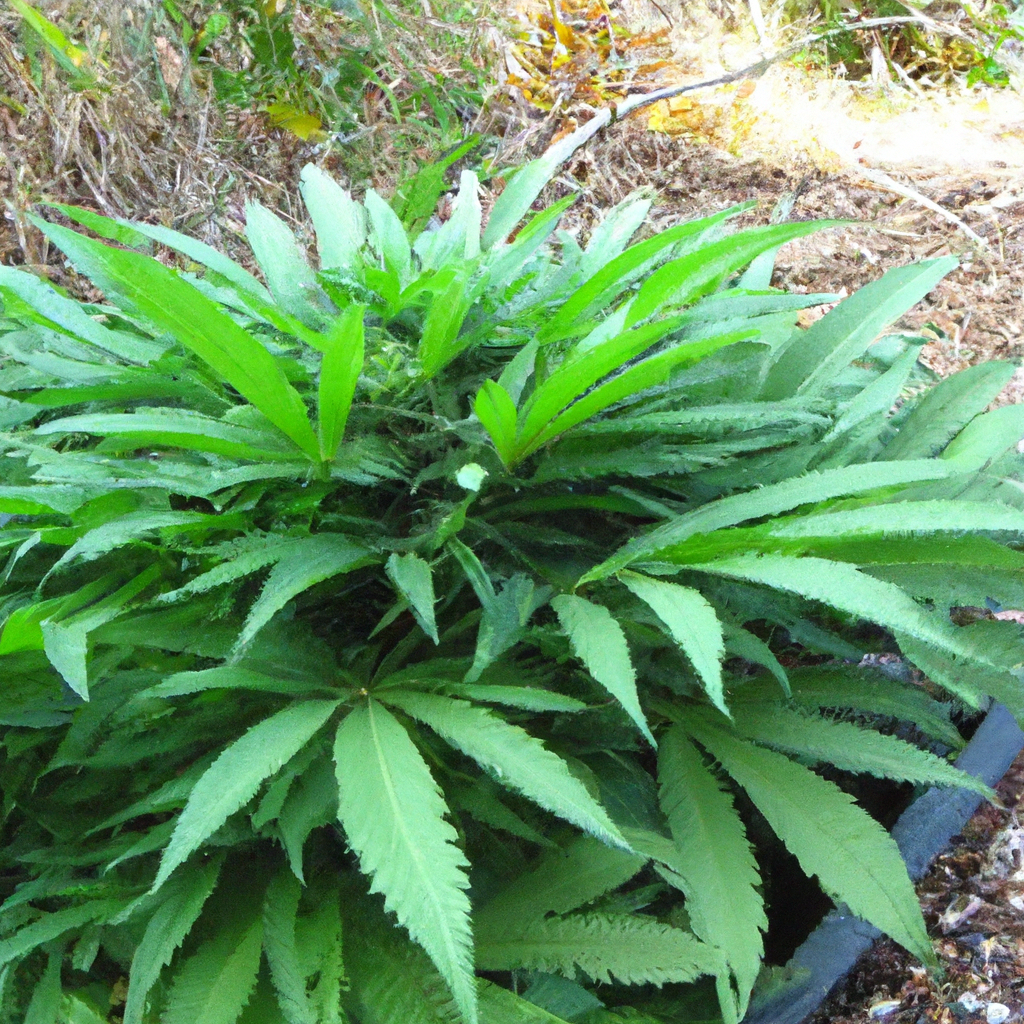
Growing cannabis organically involves creating a thriving ecosystem in your garden to enhance plant health and flavor. This approach benefits both the environment and consumer by using sustainable methods like composting, cover crops, and mulching to maintain soil health. Instead of synthetic fertilizers, organic options such as fish emulsions and compost tea provide nutrient-rich support.…
